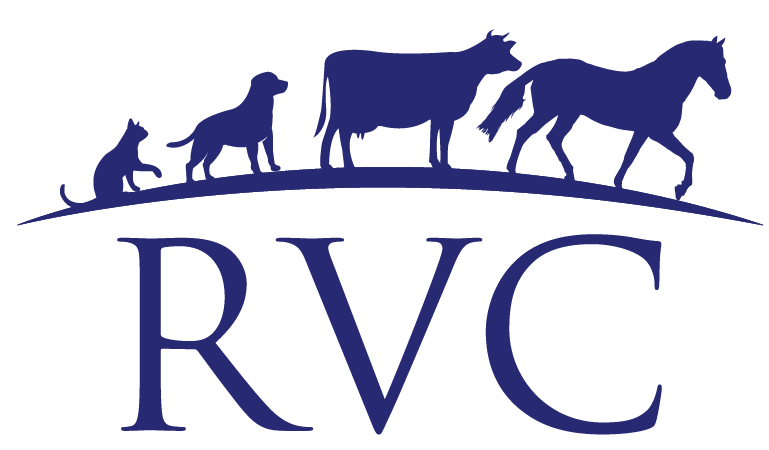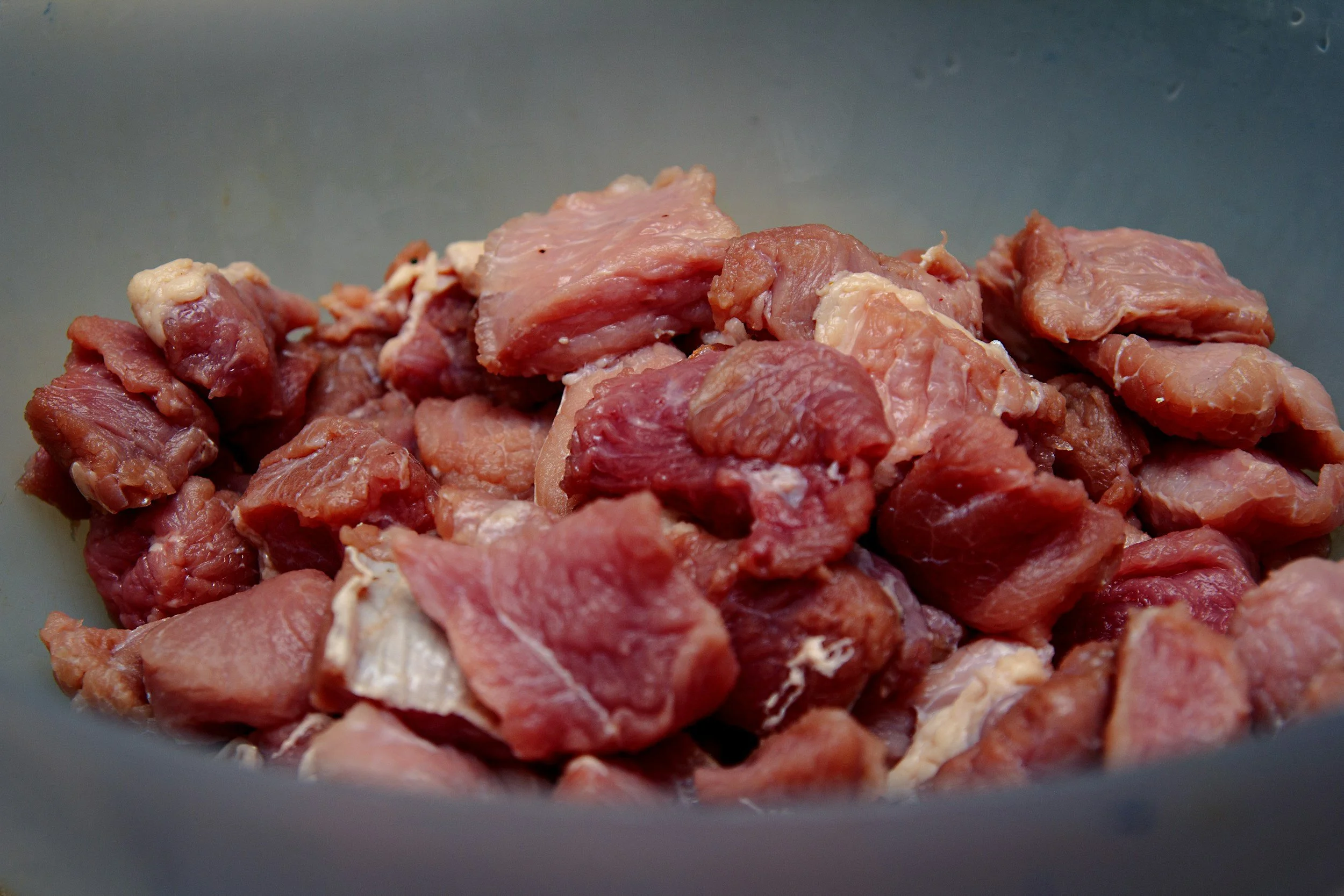Should I feed a raw food Diet?
Internationally, there is a trend towards feeding "raw-food diets", both commercially prepared and homemade. These have been promoted (largely on social media) as being closer to a dog’s natural diet in the wild; they are uncooked and free from preservatives.
Disturbing increase in health problems
Admirably, many owners spend considerable time researching information to help them find the perfect food for their pet. Unfortunately, many statements made about these foods lack reasonable evidence to support some of their claims. As a consequence, vets are seeing a disturbing increase in health problems associated with some of these diets.
We must also consider that our beloved domestic dogs and cats are very different to their wild and distant ancestors, so their nutritional requirements will not be exactly the same. Here are some points to consider:
Raw diets are often not completely balanced, so they don’t provide all the essential nutrients required by our dogs and cats. These nutrient deficiencies or excesses can have worrying consequences, such as causing weak bones that can fracture easily.
Although a seemingly natural and common-place idea, when bones are fed to our dogs and cats:
sharp bone fragments can cause stomach or intestinal tears which can be fatal and always require costly intervention
constipation (can be severe) occurs as much of the bone material is not digested and it can stick together causing a “concretion” which is hard and rough. Apart from causing blockages, this causes pain for our pets when trying to pass a bowel motion.
large bone pieces or fragments can get stuck in the mouth, throat, stomach or intestines. Again, this can cause a blockage of the airway or intestines which could have potentially fatal consequences.
the marrow at the centre of bones has an extremely high fat content which can cause obesity and painful pancreatitis.
their teeth can be fractured. Some people advocate bones for helping to keep our pet’s teeth clean. Whilst this can be true, unfortunately bones are not without their risks, and nowadays we have much safer methods of maintaining our pet’s oral health.
Raw diets are free from preservatives. Whilst this sounds like a positive and more natural feature, it can mean that our pets and their owners are exposed to dangerous bacteria such as Salmonella, Campylobacter and Listeria. Worryingly, it is possible for animals to contract and carry these infections without having any visible symptoms. They can still pass these bacteria on to other members of the family (humans and pets). If you are choosing one of these diets, it is essential that you practice a much higher standard of hygiene when handling your pets and preparing their food.
There are many misconceptions around commercially prepared pet foods which are unfounded; urban myths thrive in this area! For example, vets do not receive any sales-related financial benefits from these pet food companies, so if they are recommending a particular diet, they are doing so with your pet’s best interests at heart. You can be confident that the major pet food brands have formulated their diets using evidence from robust scientific research over a decent period of time. Pets are living healthier and longer lives nowadays (even compared to 20 years ago), and this is thought to be largely down to improvements in the quality of the food available. The vet profession is flexible and reflective, so if consistent data emerges in future that supports any particular type of diet, we will always consider this carefully and look for any benefits to our clients and their pets.
We encourage you to discuss the most suitable choices for your pet’s nutrition at your next visit to the clinic. Each pet and client differs, and our team will help tailor dietary recommendations to your specific situation. The health and wellbeing of your pet is our primary concern. There are many good options available nowadays, including diets containing more natural ingredients and less preservatives.

